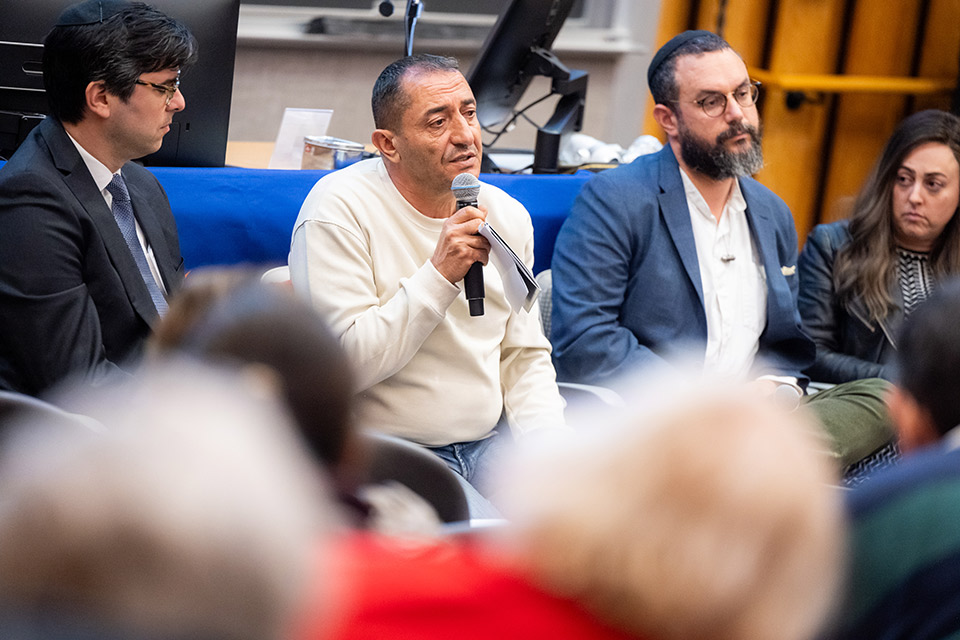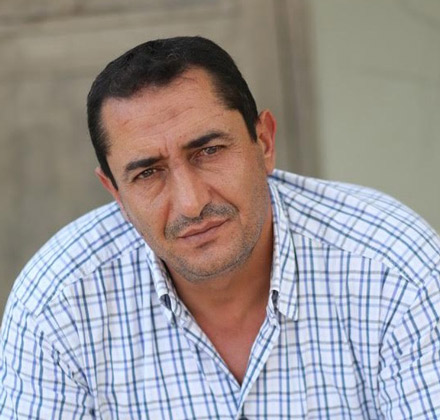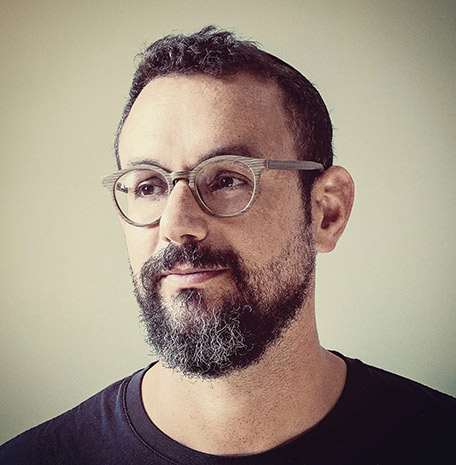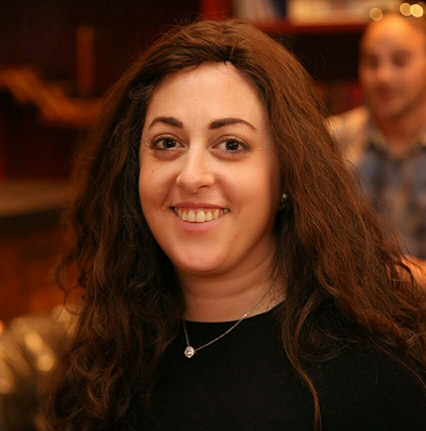Schedule

Democracy and its Alternatives: The Origins of Israel's Current Crises
Sunday, April 7 - Monday, April 8, 2024
Brandeis University
Sunday, April 7 – Keynote Event
When asked about the Oslo peace process, the Israeli settler and peace activist Rabbi Menachem Froman quoted the Hamas founder Imam Ahmad Yassin, with whom he met several times: “[Oslo was] an agreement between our heretics and your heretics to subdue religion” and thus doomed to failure. Keep reading.
Speakers:
 Khaled Abu Awwad is among the foremost figures in the Palestinian community working toward peace and reconciliation between Palestinians and Israelis. He has been a part of the founding of three groundbreaking organizations, including Roots. He is the Palestinian co-director of Roots, a grassroots movement of understanding, nonviolence, and transformation among Israelis and Palestinians. Mr. Abu Awwad has been awarded various international prizes for his projects including the UNESCO Madanjeet Singh Prize for the promotion of nonviolence and tolerance in 2011, and was named one of the 500 most influential Muslims in 2010 by the Royal Islamic Strategic Studies Center. Read more.
Khaled Abu Awwad is among the foremost figures in the Palestinian community working toward peace and reconciliation between Palestinians and Israelis. He has been a part of the founding of three groundbreaking organizations, including Roots. He is the Palestinian co-director of Roots, a grassroots movement of understanding, nonviolence, and transformation among Israelis and Palestinians. Mr. Abu Awwad has been awarded various international prizes for his projects including the UNESCO Madanjeet Singh Prize for the promotion of nonviolence and tolerance in 2011, and was named one of the 500 most influential Muslims in 2010 by the Royal Islamic Strategic Studies Center. Read more. Mikhael Manekin is a co-founder and the director of the Alliance Fellowship program, an Arab-Jewish political network in Israel devoted to promoting civic equality. He is the former executive director of Breaking the Silence, an Israeli military veterans’ group focused on educating the public as to the results of military control of the West Bank and Gaza. Mr. Manekin is also a co-founder and one of the leaders of the Faithful Left, a movement of religious Jews promoting equality through the language of Jewish faith and tradition. His book "End of Days, Ethics, Tradition and Power in Israel," first published in Hebrew in 2021, was released in English in 2023 by Academic Studies Press. He is currently a Religion and Public Life Fellow in Conflict and Peace at the Harvard University School of Divinity, and a Visiting Research Fellow at the Kogod Research Center at the Shalom Hartman Institute.
Mikhael Manekin is a co-founder and the director of the Alliance Fellowship program, an Arab-Jewish political network in Israel devoted to promoting civic equality. He is the former executive director of Breaking the Silence, an Israeli military veterans’ group focused on educating the public as to the results of military control of the West Bank and Gaza. Mr. Manekin is also a co-founder and one of the leaders of the Faithful Left, a movement of religious Jews promoting equality through the language of Jewish faith and tradition. His book "End of Days, Ethics, Tradition and Power in Israel," first published in Hebrew in 2021, was released in English in 2023 by Academic Studies Press. He is currently a Religion and Public Life Fellow in Conflict and Peace at the Harvard University School of Divinity, and a Visiting Research Fellow at the Kogod Research Center at the Shalom Hartman Institute. Pnina Pfeuffer is a Haredi feminist and human rights activist, trained in organizational behavior and public policy. She founded and manages Haredim Hahadashim ("The New Haredim"), a grassroots organization that coalesces a network of over 90 community organizers, activists, and leaders, to strengthen democratic and progressive values. She also served as a board member for 0202, a joint Israeli-Palestinian organization, and as a liaison for Ir Amim (“City of Nations” or “City of Peoples”), where she initiated an annual peacebuilding program for the Haredi community to learn about the issues facing East Jerusalem.
Pnina Pfeuffer is a Haredi feminist and human rights activist, trained in organizational behavior and public policy. She founded and manages Haredim Hahadashim ("The New Haredim"), a grassroots organization that coalesces a network of over 90 community organizers, activists, and leaders, to strengthen democratic and progressive values. She also served as a board member for 0202, a joint Israeli-Palestinian organization, and as a liaison for Ir Amim (“City of Nations” or “City of Peoples”), where she initiated an annual peacebuilding program for the Haredi community to learn about the issues facing East Jerusalem.
Monday, April 8 – Panel Discussions
The panel discussions examined perspectives on the current crisis in the context of its Ottoman and British legacy, the context of Israeli democracy, and then thinking about the "day after".
9:15 - 10:45 AM – Empire and Mandate: Before the State
What aspects of pre-1948 history sowed the seeds for what we are witnessing today? Are there any precedents to help us understand current events? Are we witnessing any residues of Ottoman or British imperial or colonial legacies? What political or intellectual alternatives existed that might have led us down different paths? Do any of them offer wisdom for our current moment?
Participants:
- Michelle Campos, Pennsylvania State University
- Julie Cooper, Tel Aviv University
- Nimrod Lin, Tel Aviv University
- James Loeffler, Johns Hopkins University
11 AM - 12:30 PM – The State of Israel: Democracy and its Alternatives
Before October 7, Israel was riven by protests over its democratic character. Observers often wonder how to interpret the current moment: Is Israel at its core a liberal democracy that is experiencing an existential crisis? Or is extreme ethno-nationalism Israel's true face? Of course, neither picture is complete; there is no one true core of Israeli political thought, but rather many diverse strands that have competed with and transformed each other over more than a century. This panel will explore the complicated relationship between the State of Israel and the idea of democracy.
Participants:
- Itamar Ben Ami, Utrecht University
- Aviram Shahal, Harvard University
- Lihi Ben Shitrit, University of Georgia
- Adane Zawdu, The Van Leer Jerusalem Institute
1:30 PM - 3 PM – 2023: Watershed or Culmination - The Day After
Israel in 2023 faced a litany of crises, but most acutely felt was the judicial reform and the October 7 attack and resulting war in Gaza. While the fallout from these events will take years to fully understand, there are already multiple plans for the “day after” from various domestic and international players. Can we understand the events of 2023 as heralding a new phase in Israeli History, or the culmination of 75 years (or more) of tensions?
Participants:
- Ahmad Agbaria, University of Texas at Austin
- Yael Berda, Hebrew University of Jerusalem
- Orit Rozin, Tel Aviv University
- Dahlia Scheindlin, The Century Foundation